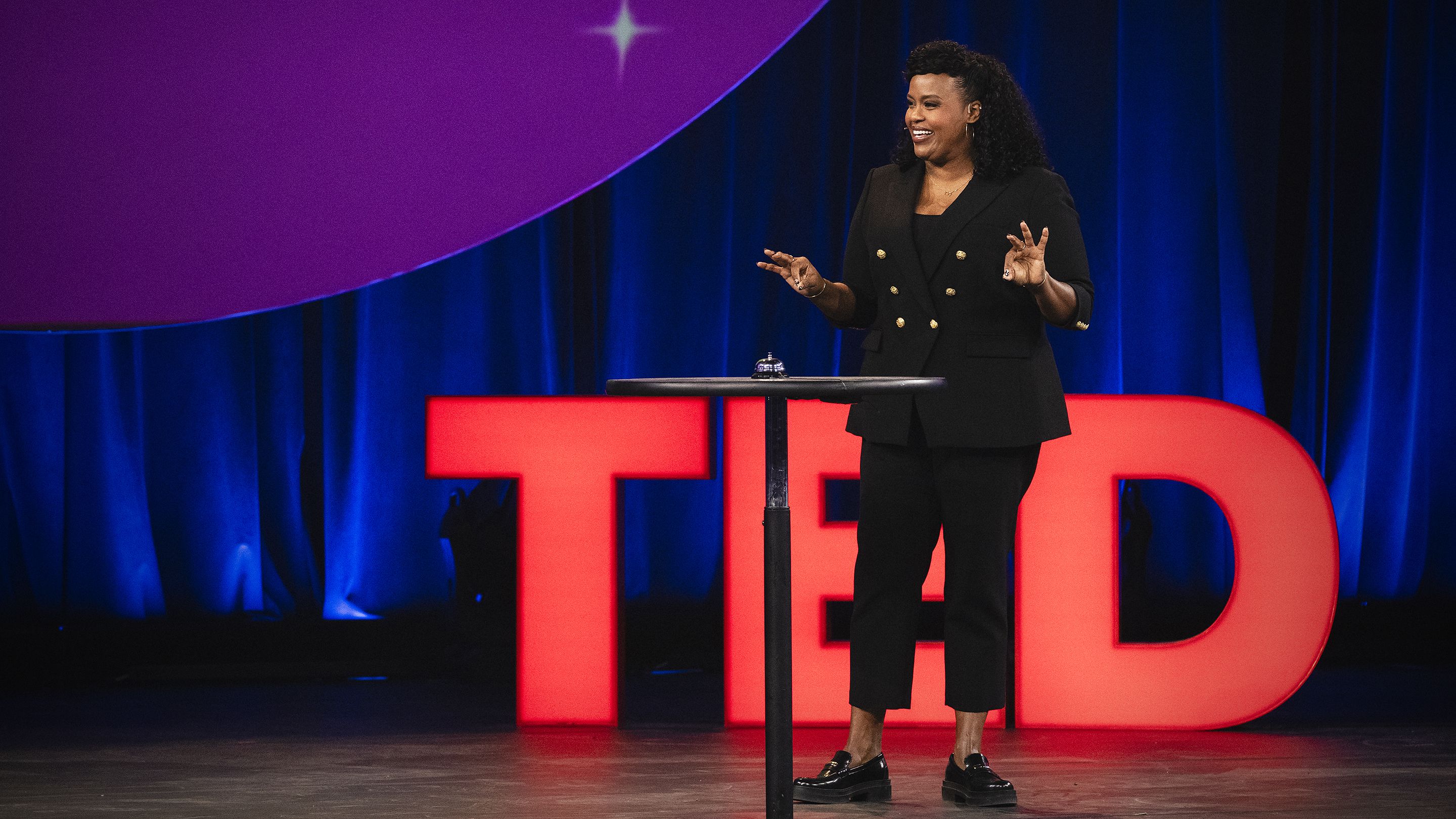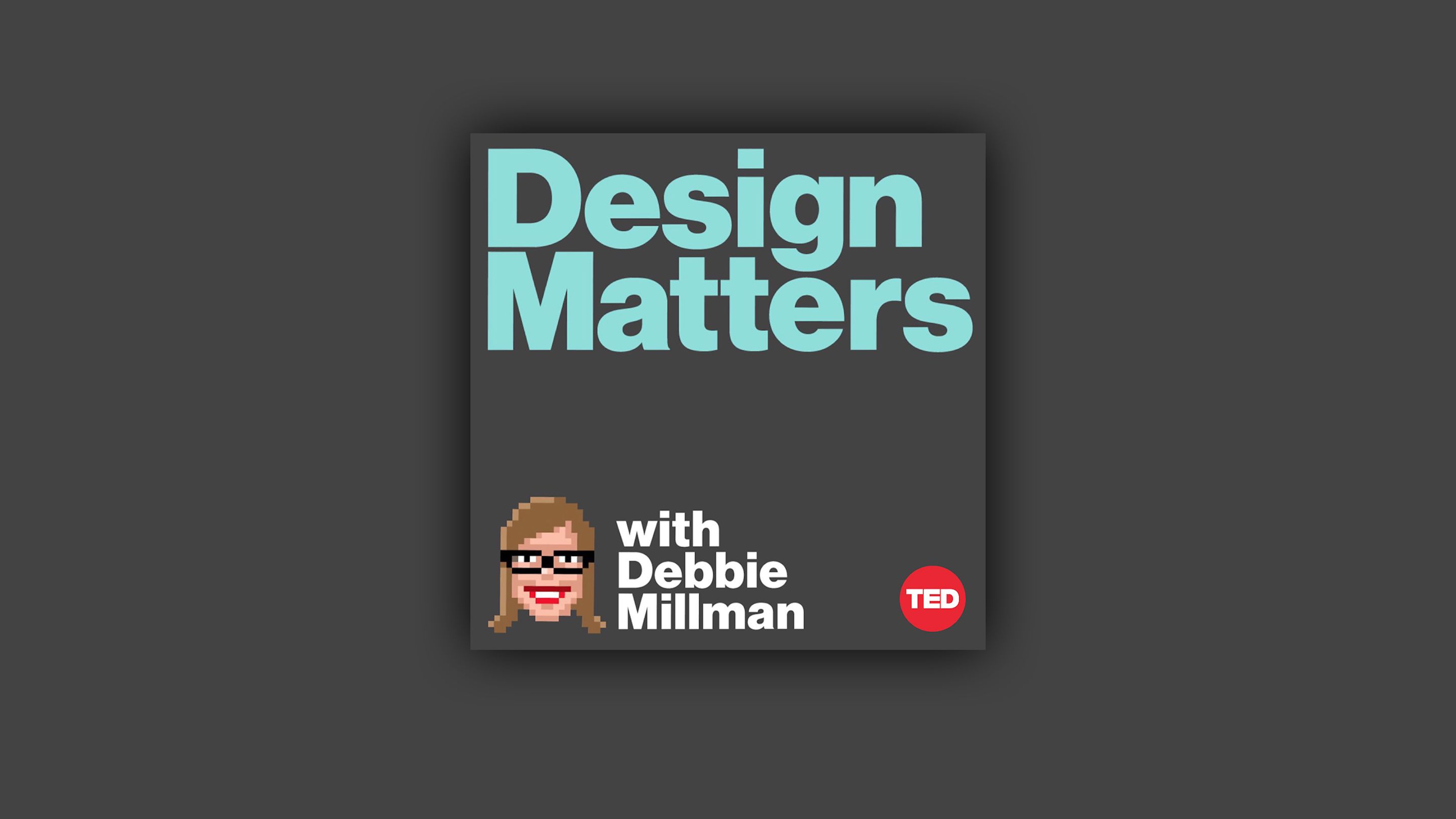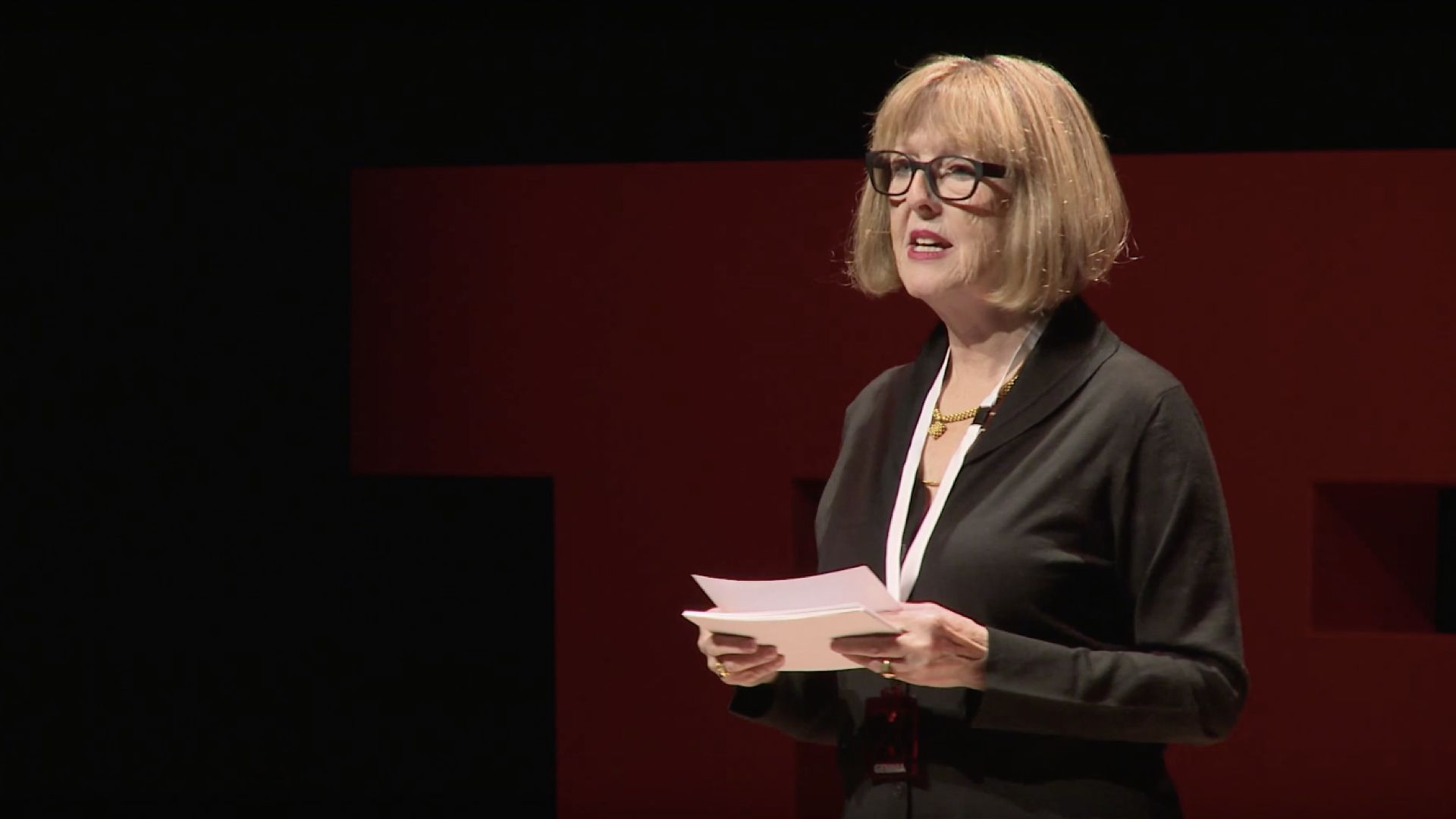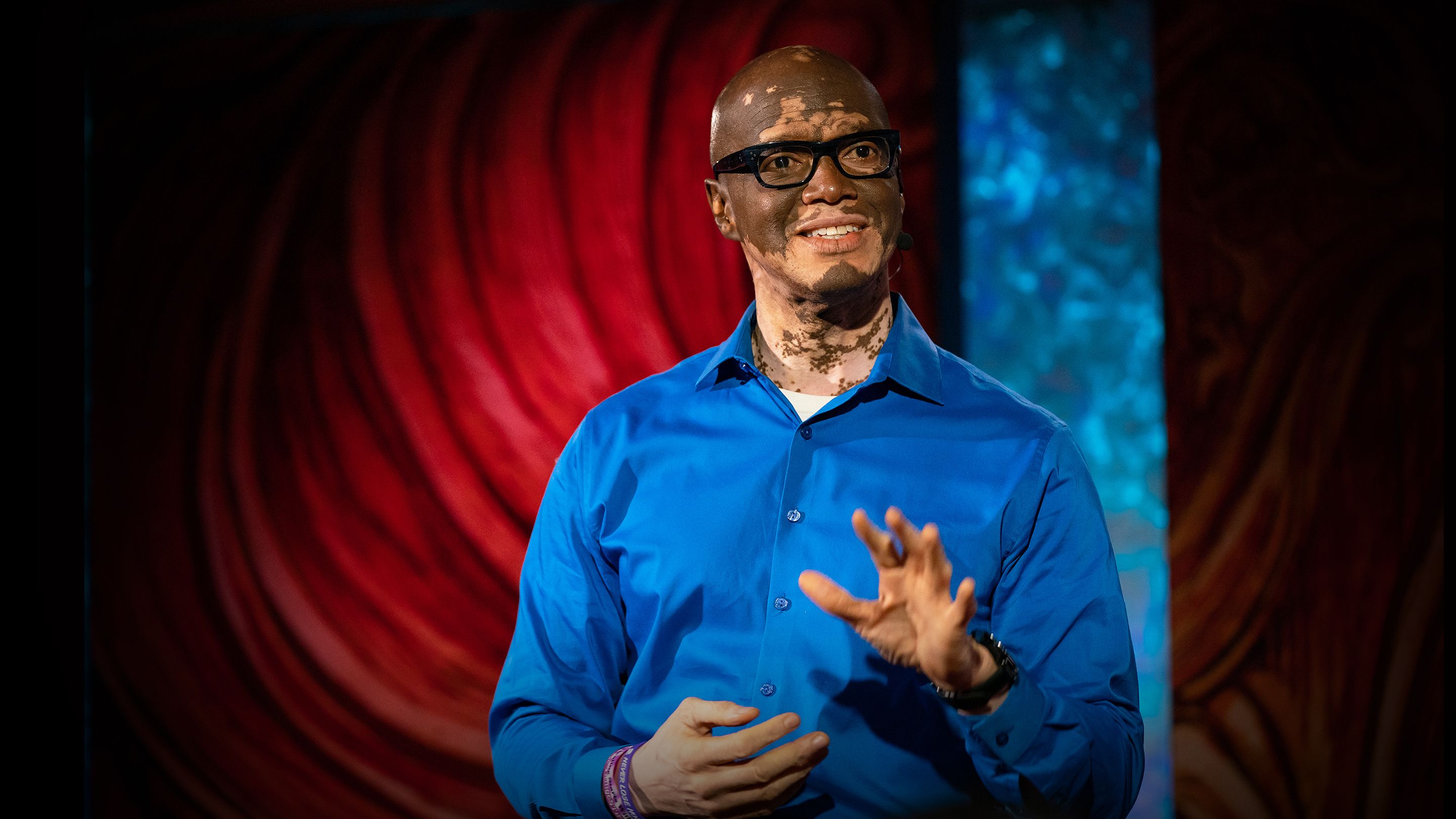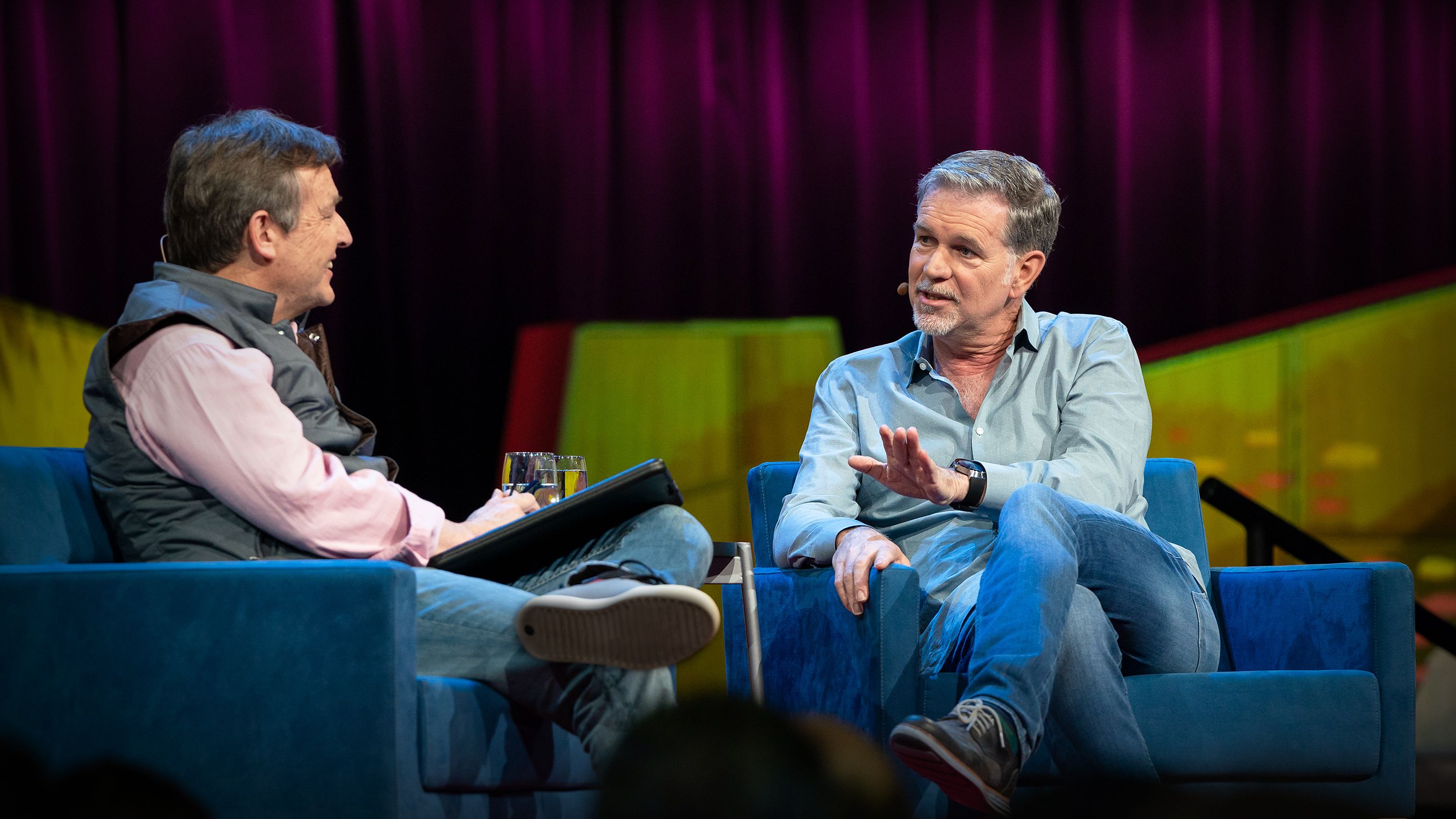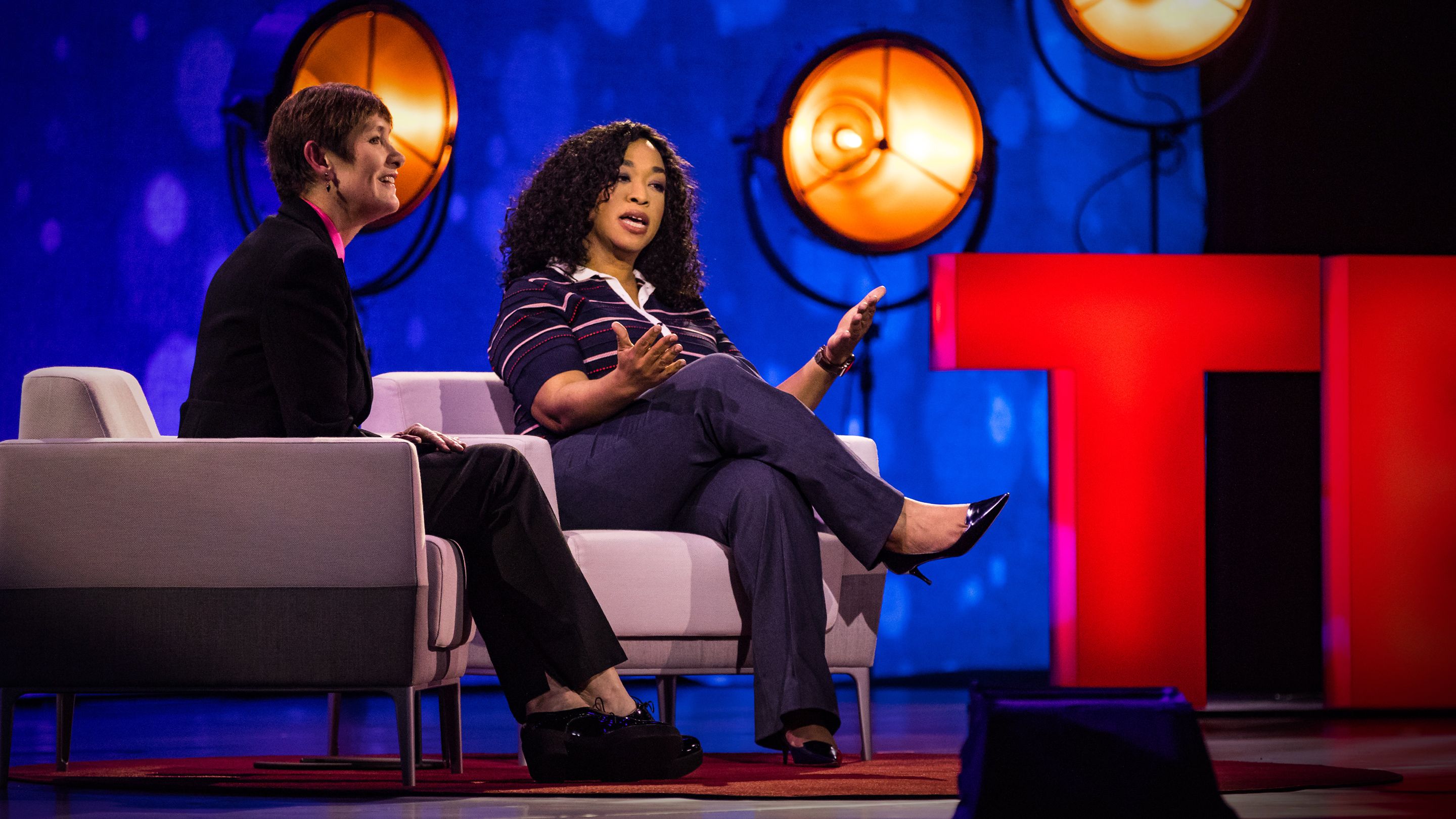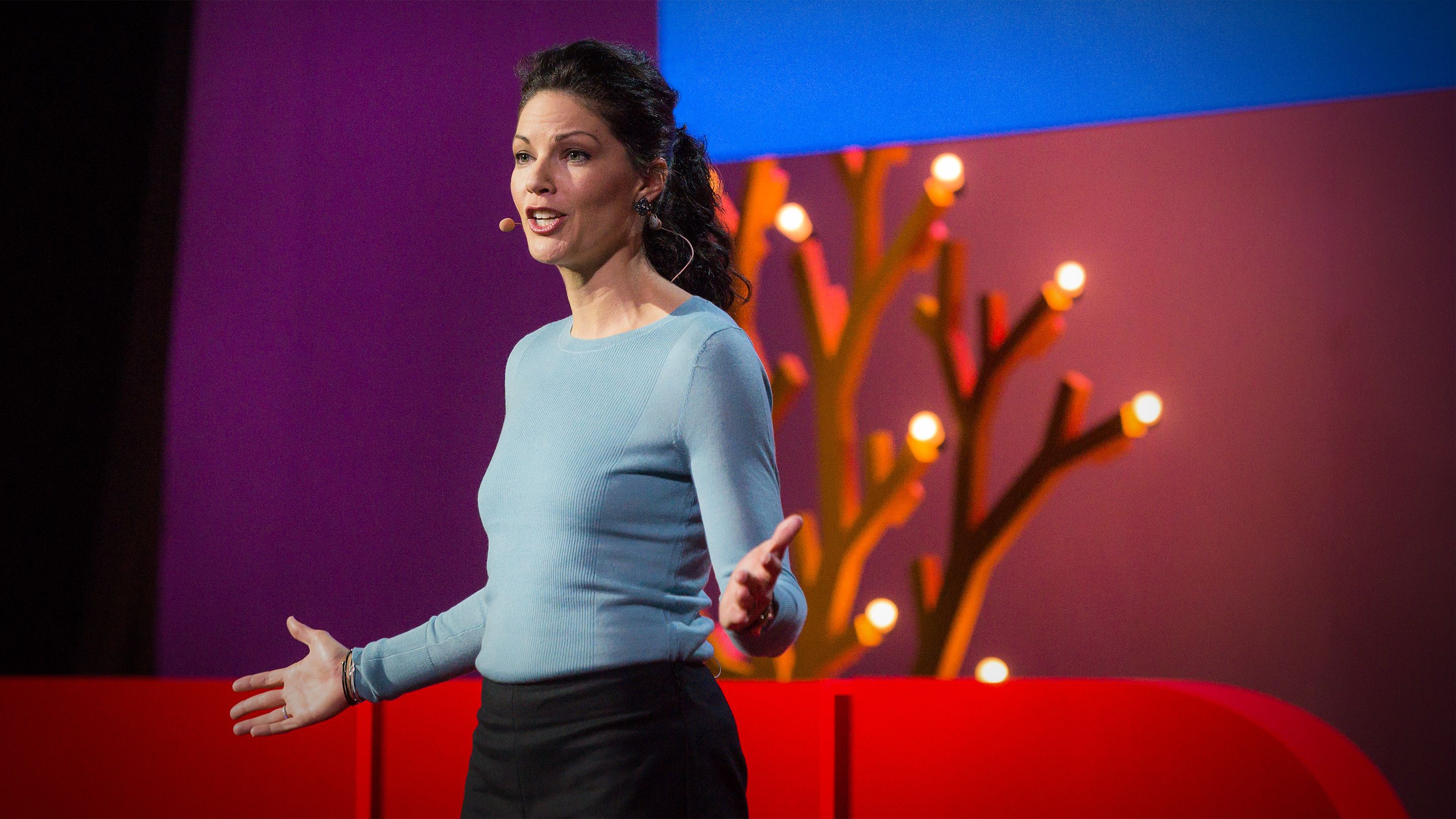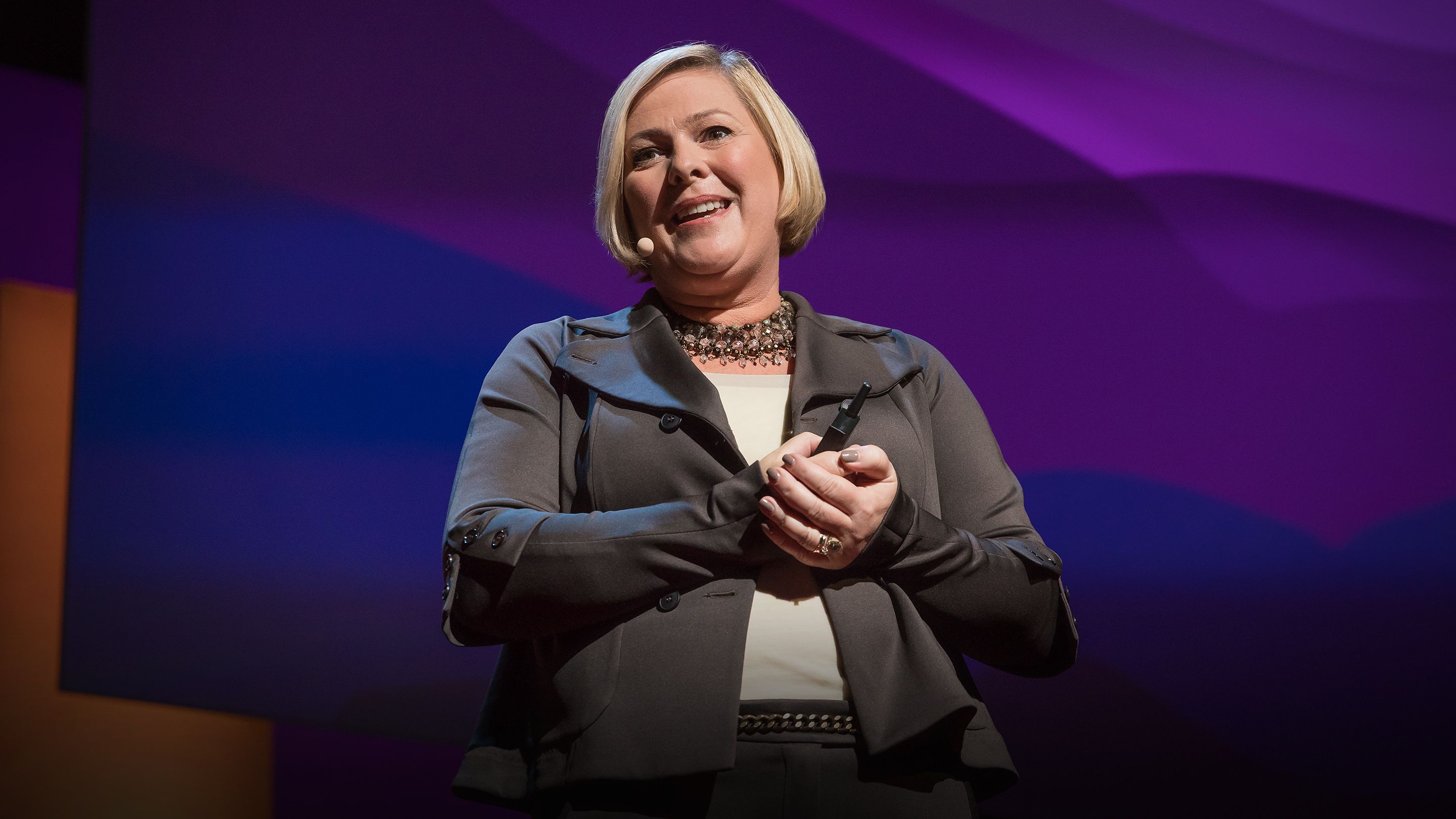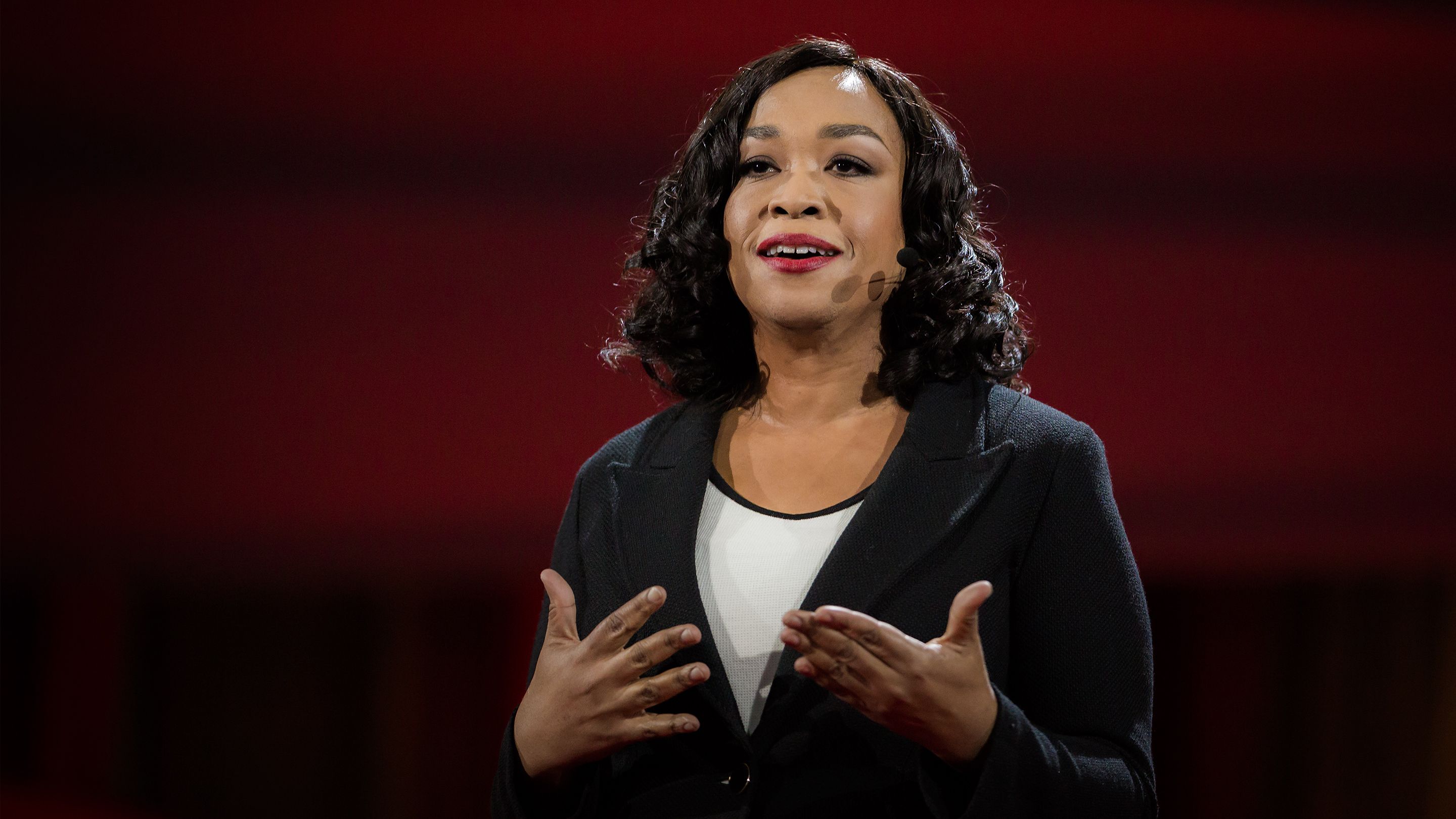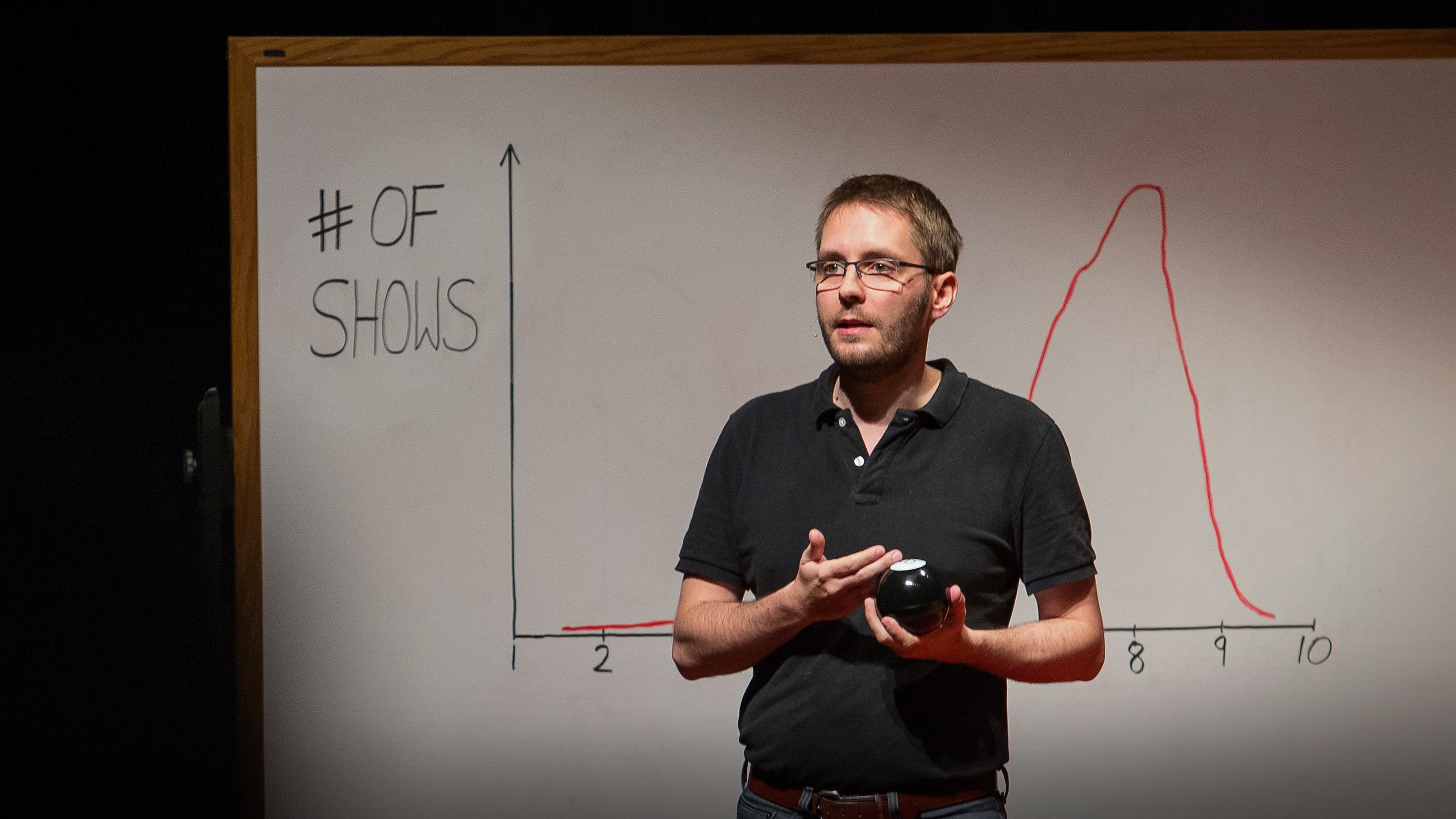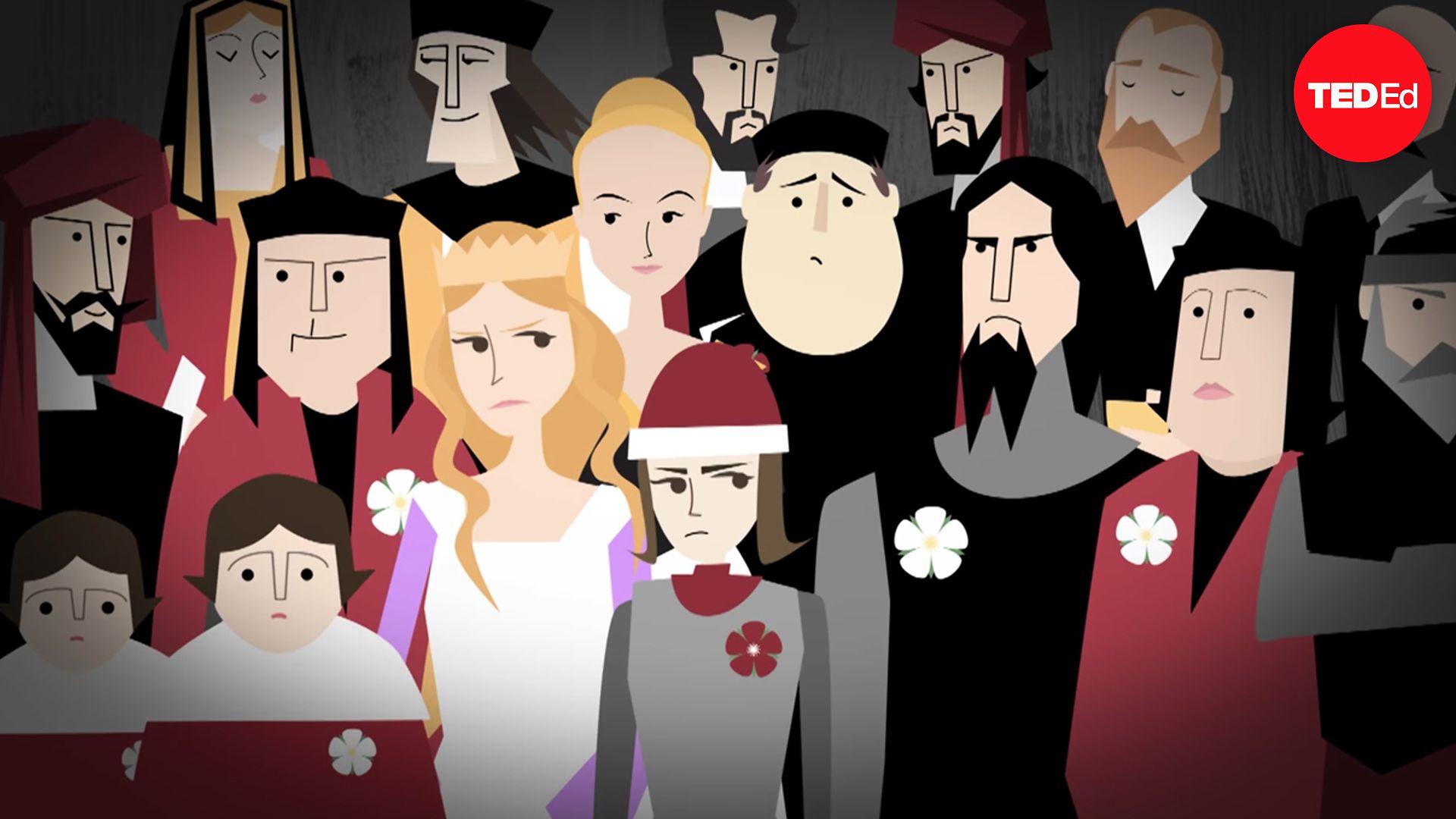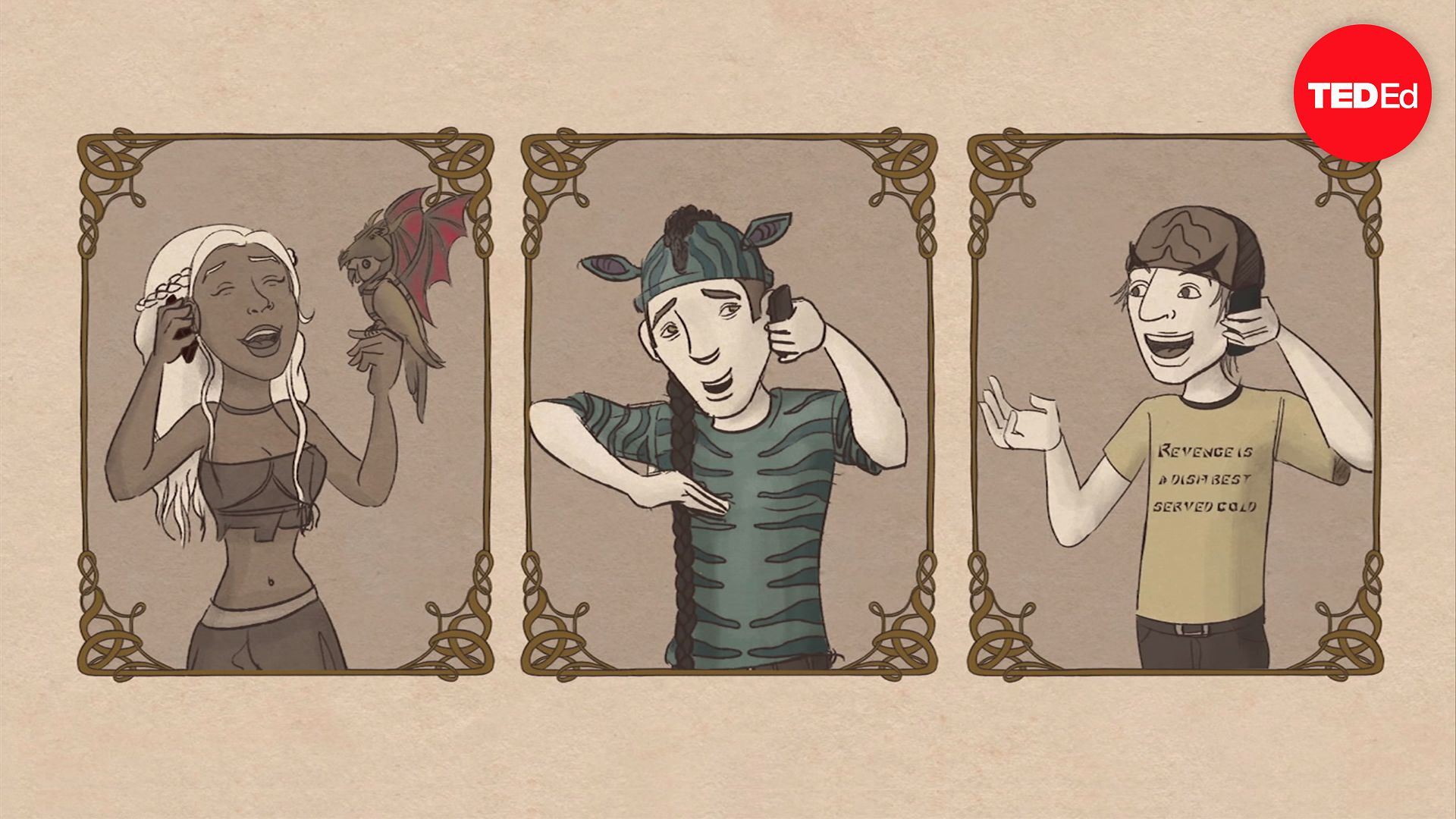Television
A collection of TED Talks (and more) on the topic of Television.
Video playlists about Television
Talks about Television
See all talks on Television
Exclusive articles about Television
8 mouthwatering TV shows and movies about the future of food and our planet
Feeding the world's 8 billion people requires a lot of Earth's resources -- so how can we do it more sustainably? From tackling systemic issues like food waste to learning how to cook delicious plant-based recipes at home, these shows and movies are all about the power of our plates.
Posted Nov 2022

